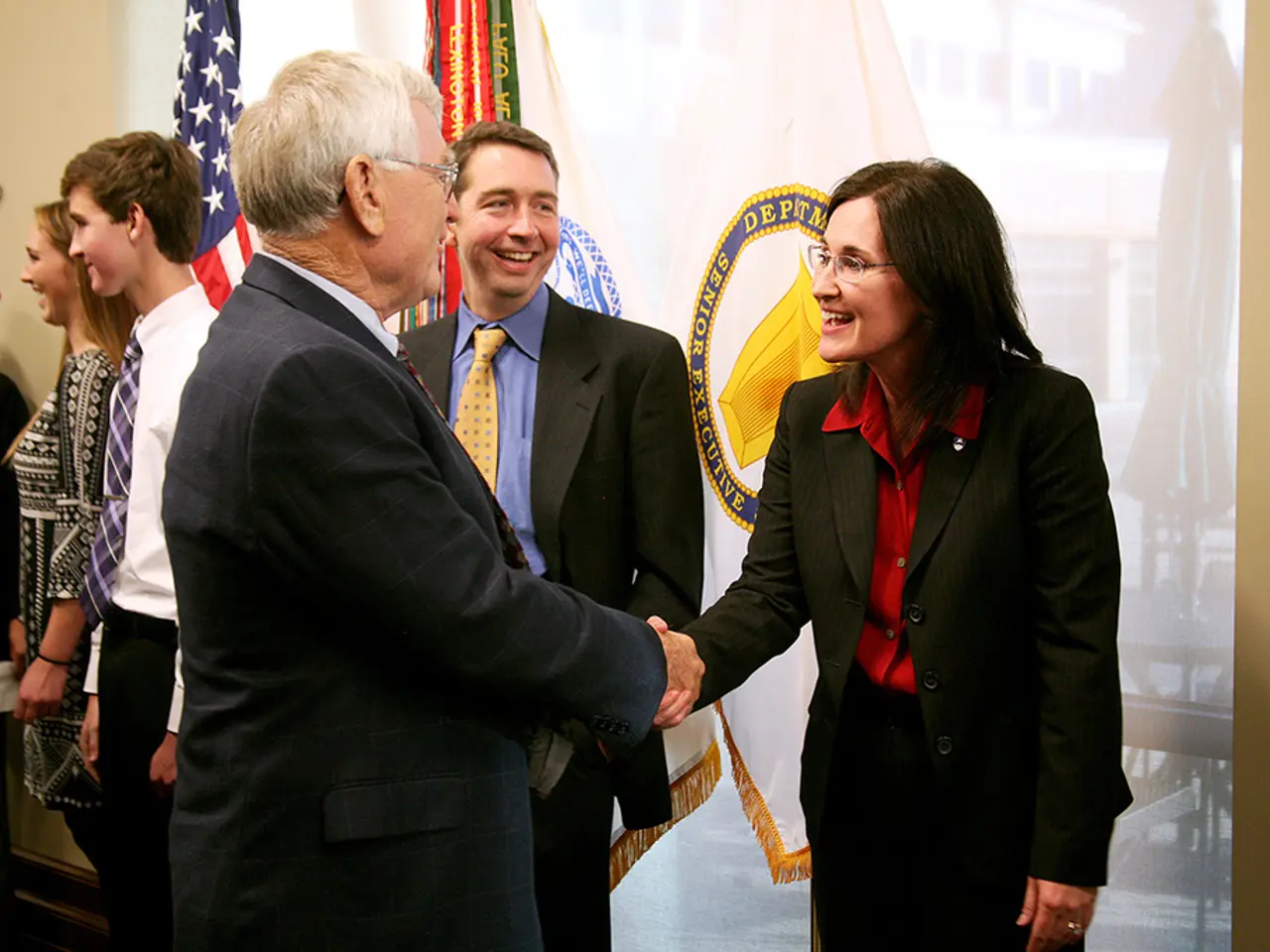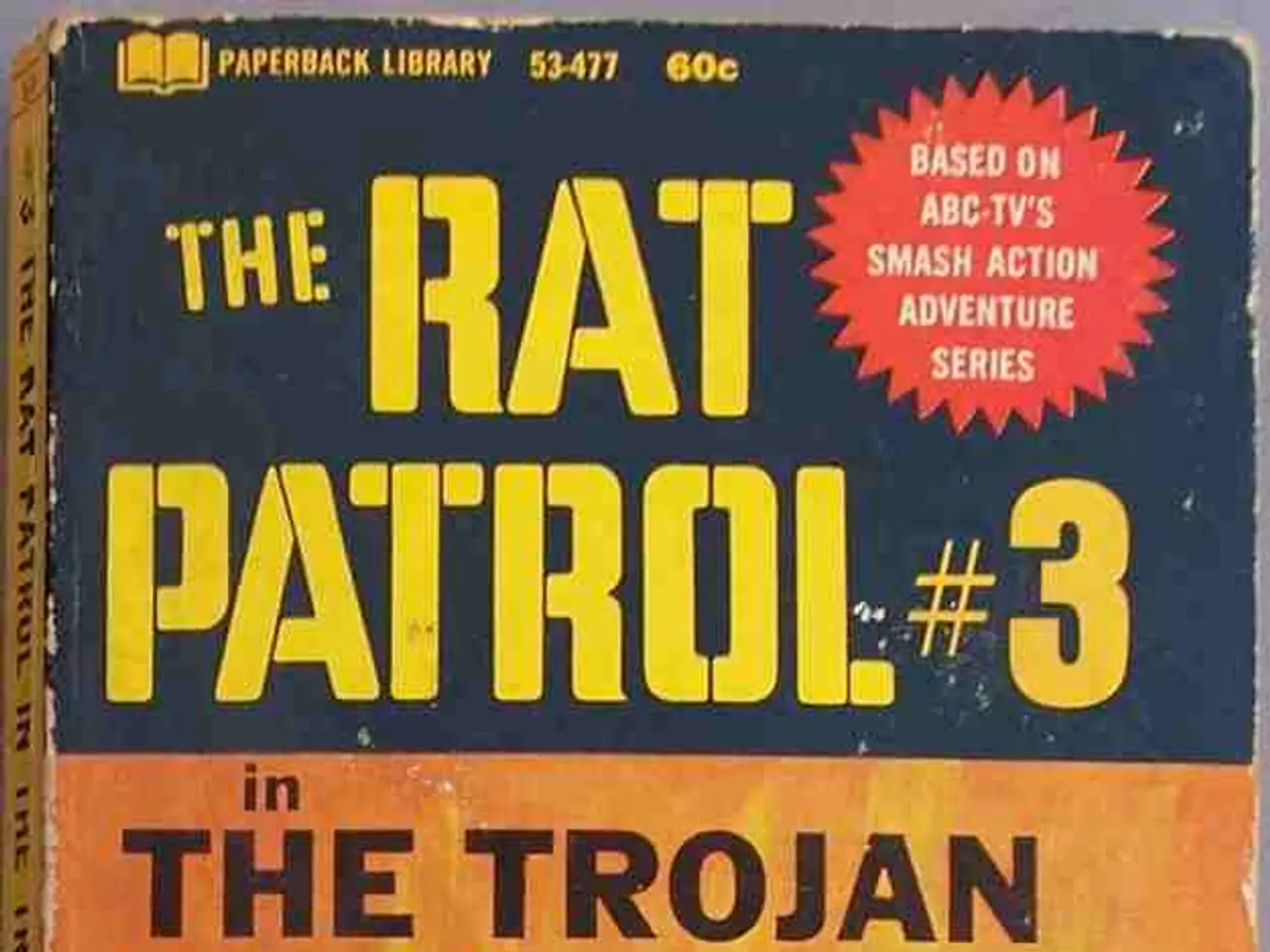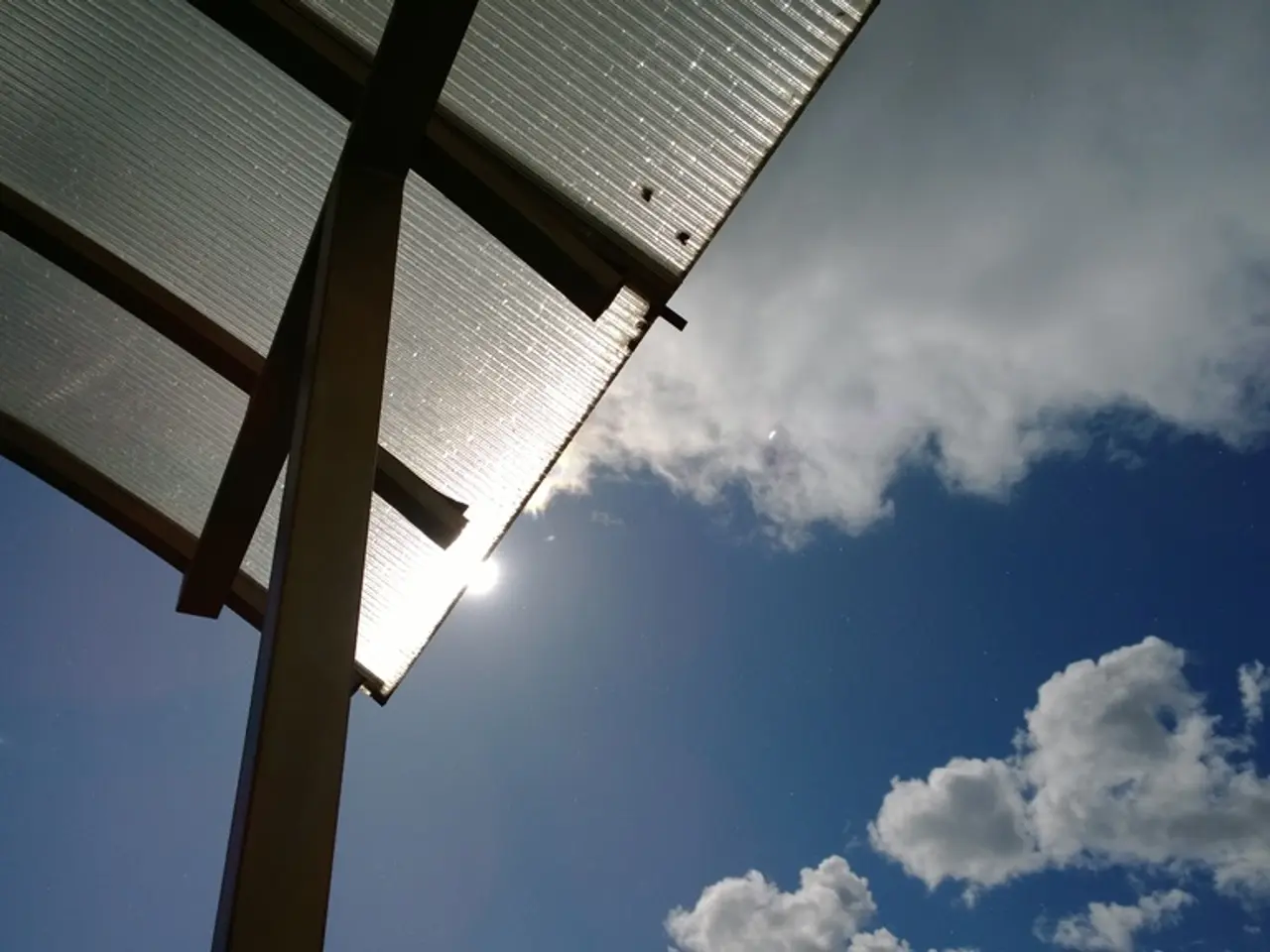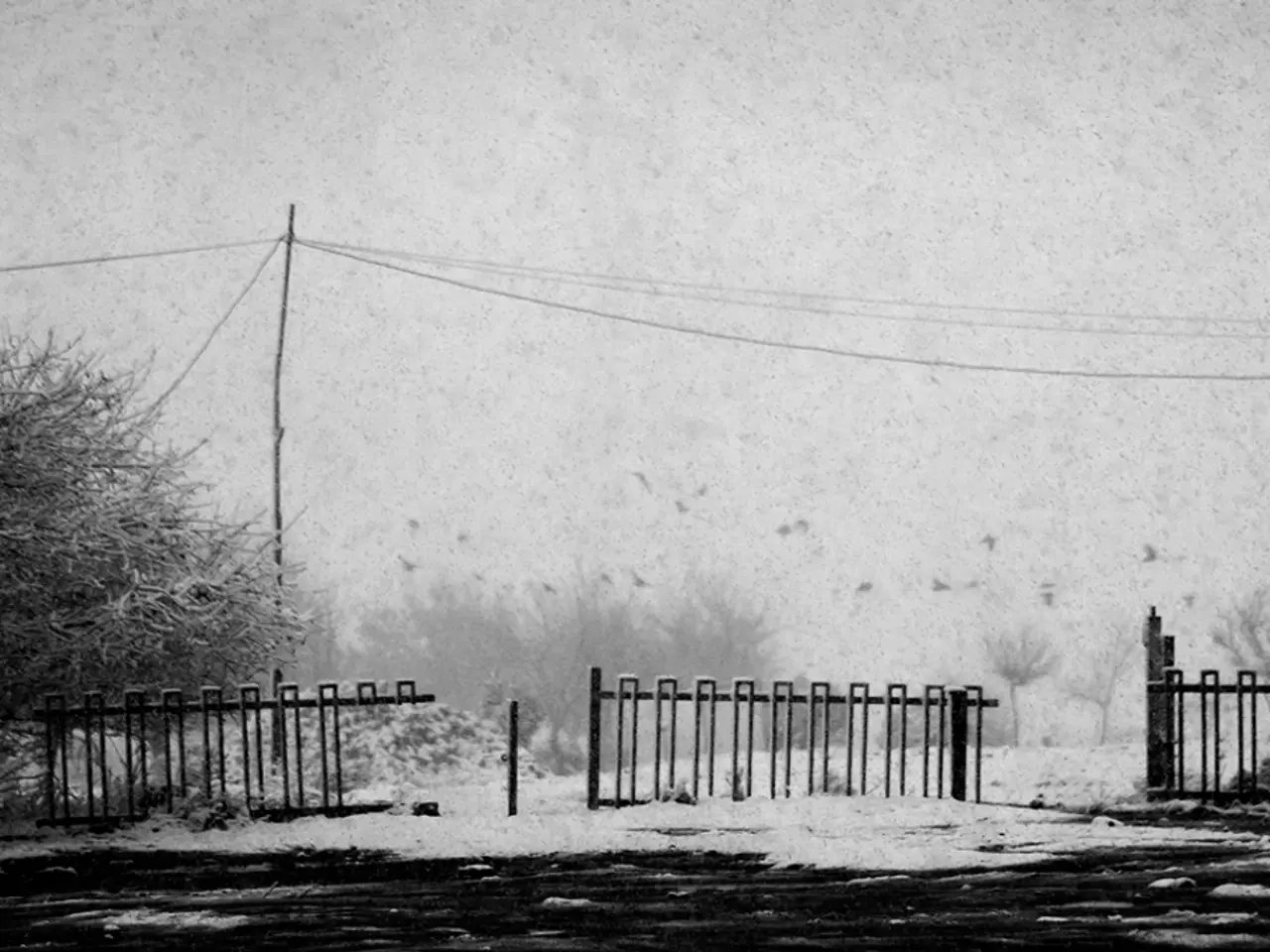Negotiations for a ceasefire in Gaza resume in Doha, amid intensifying Israeli attacks, prior to Prime Minister Netanyahu's visit to the US.
A potential 60-day ceasefire in Gaza is on the table, with Hamas agreeing to release 10 living hostages and several bodies in exchange for Palestinians detained by Israel. The proposed truce, if agreed upon, would also see Israeli forces withdraw to a buffer zone along Gaza's borders with Israel and Egypt, allowing for significant humanitarian aid to be delivered to the struggling region[1].
Key aspects of the proposal include the exchange of hostages for Palestinian prisoners, although the exact number of prisoners to be released remains undecided. The ceasefire is temporary and does not guarantee a permanent end to the conflict, with negotiations for a long-term settlement taking place within the 60-day window[1]. Former President Donald Trump is expected to personally guarantee Israel’s adherence to halting military operations and would announce the ceasefire agreement to reassure Hamas[1].
However, several sticking points remain. Hamas continues to demand a permanent end to the war and a full Israeli withdrawal from Gaza, while Prime Minister Netanyahu insists the war can only end when Hamas is militarily defeated, surrenders, disarms, or its leaders go into exile—conditions Hamas rejects[2]. There is also uncertainty about which organizations will distribute aid, with Israel wanting the Gaza Humanitarian Foundation to replace the UN-coordinated aid system[1].
The potential outcome is a fragile and temporary pause in fighting, with ongoing negotiations during the ceasefire period aiming towards a longer-term settlement. Trump's involvement as a guarantor reflects an attempt to build trust and prevent unilateral resumption of hostilities, but the deep political and security differences mean a permanent peace remains elusive for now[1][2].
The humanitarian crisis in Gaza is dire, with more than two million people affected. Karima al-Ras from Khan Yunis stated, "People are dying for flour." The operation Operation Gideon's Chariots, aimed at evacuating Gaza's residents from combat zones, is expected to continue for several months[1].
Israel faces a genocide case at the ICC for its war on Gaza, and there are reports that Israel is trying to "depopulate" northern Gaza ahead of a possible cease-fire agreement. The plan targets confining Palestinians to three narrow coastal areas: western Gaza City, west of the central governorate, and west of Khan Younis in southern Gaza[1].
The Israeli government has sent a delegation to Doha, Qatar, for indirect talks with Hamas about a Gaza cease-fire and prisoner exchange agreement. If successful, the proposal likely includes a phased release of half of the living Israeli hostages (10) and half of the remains (18) over 60 days[1]. In exchange, Israel would free a larger number of Palestinian detainees and begin partial troop withdrawals from pre-agreed areas within Gaza.
However, major sticking points remain in negotiations, including Hamas's insistence that the U.N. oversee humanitarian aid distribution, demands for security guarantees against renewed hostilities after the 60-day truce, and seeks clarity on which Palestinian prisoners will be released[1]. The International Criminal Court (ICC) issued arrest warrants last November for Israeli Prime Minister Benjamin Netanyahu and his former Defense Minister Yoav Gallant for war crimes and crimes against humanity in Gaza[1].
[1] The Associated Press, Gaza Ceasefire Proposal: Hamas to Release Hostages in Exchange for Israeli Detainees, Yahoo News, [URL] [2] Al Jazeera, Gaza Ceasefire: Hamas Demands Permanent End to Israeli Occupation, Al Jazeera, [URL]
- The Turkish government, following the Gaza ceasefire negotiations, expressed interest in contributing to aid distribution in Gaza, as they observed the ongoing conflict and political tensions between Hamas and the Israeli government as part of general news and war-and-conflicts.
- In the midst of political discussions, the Turkish government proposed an idea for a NATO presence in Gaza to potentially reduce the risk of renewed hostilities and provide security guarantees, aligning with Hamas's demands for such guarantees during the 60-day truce.
- As Hamas and the Israeli government continued their negotiations, the Turkish government suggested establishing a cooperative peacekeeping force consisting of members from NATO and different countries, including Turkey, to oversee the ceasefire implementation in Turkiye's role in international politics.







